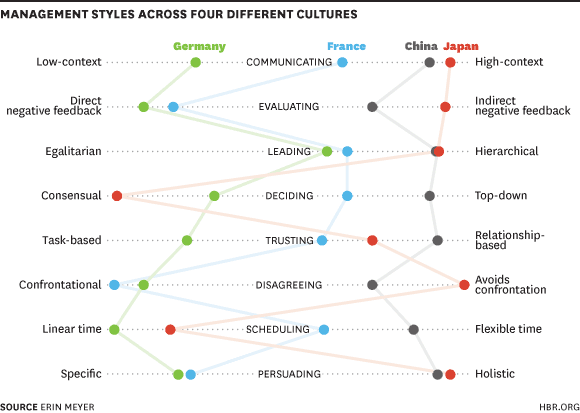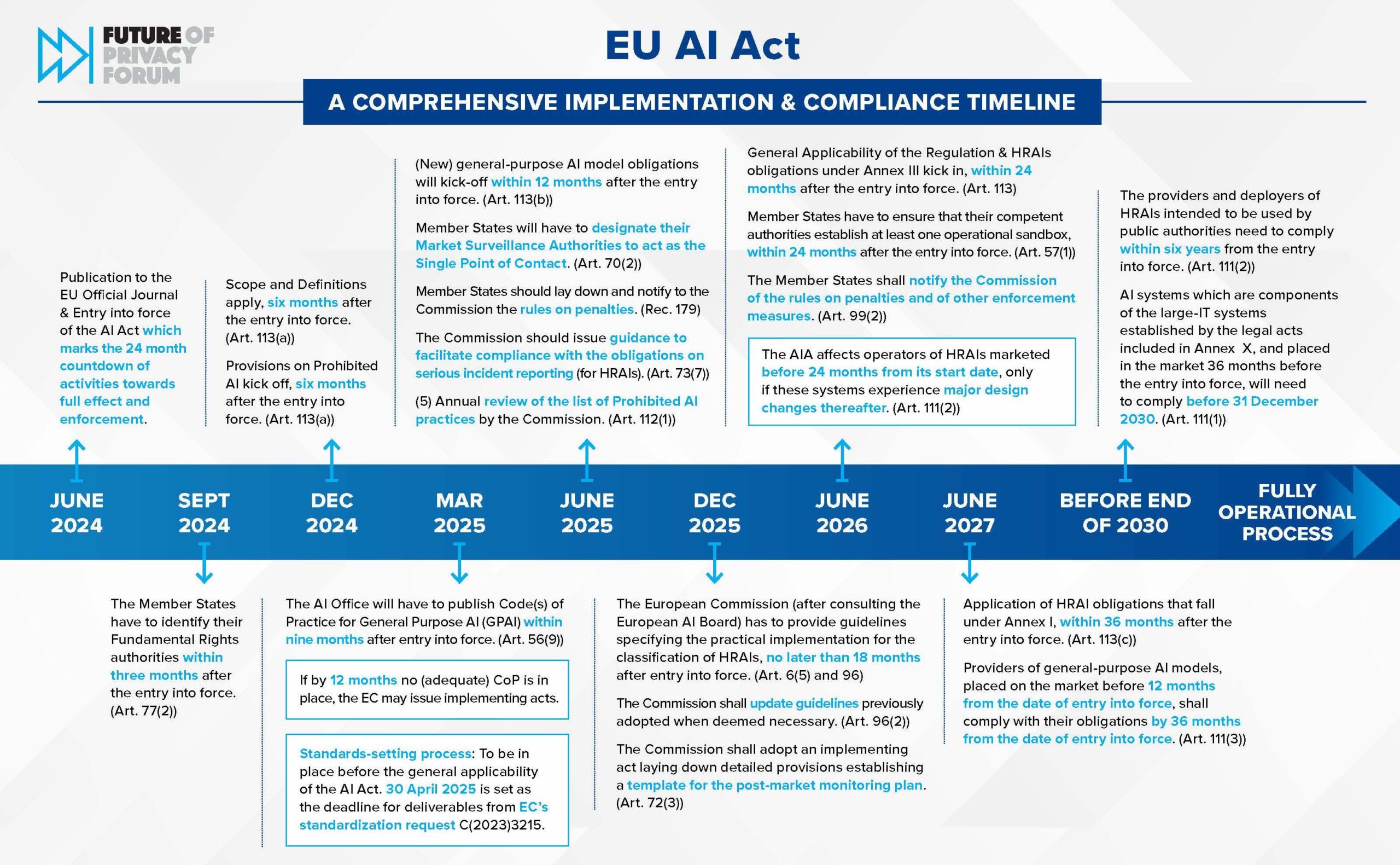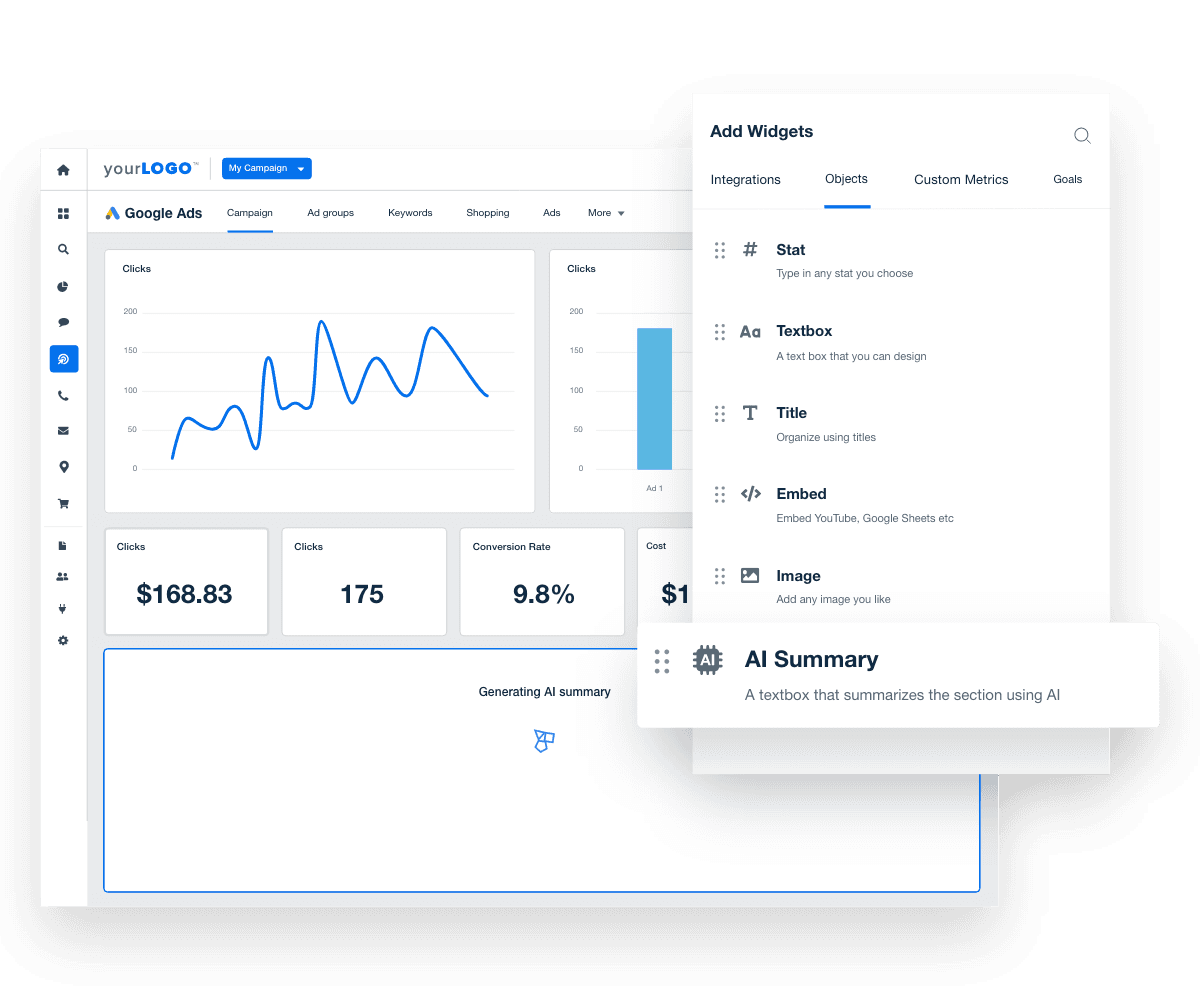AI-driven persona adaptation is reshaping marketing by enabling organizations to tailor their strategies to specific audience segments with precision. This approach combines artificial intelligence with demographic targeting, allowing marketers to generate buyer personas that accurately reflect the behaviors, preferences, and needs of their target audiences. By leveraging data analytics and machine learning, companies can create meaningful connections with users, enhancing user engagement and conversion rates.
The ability to analyze extensive datasets allows AI to identify significant patterns and insights that inform marketing strategies. As organizations increasingly strive to connect on a personal level, comprehending how AI-driven persona adaptation operates—and the tools available for its implementation—becomes essential for content creators, marketers, and business strategists interested in boosting their brand’s growth.
Research indicates that a significant portion, approximately 35%, of Amazon's total revenue can be attributed to its AI-powered recommendation engine. This figure illustrates the impact of data-driven insights in the e-commerce realm. Similarly, Super Butcher, an Australian meat retailer, experienced a 35% increase in email open rates by utilizing AI-generated personas. These case studies underscore the transformative potential of AI in crafting personalized marketing strategies that resonate with specific demographics.
Essential Tools for Automated Personalization
The digital marketing landscape features numerous AI-driven tools that facilitate automatic content personalization. Noteworthy among them are platforms like Delve AI, which assists businesses in generating detailed buyer personas, and Mutiny, which allows websites to dynamically respond to individual visitors in real time.
These tools not only enhance marketers’ ability to refine their content strategies but also integrate seamlessly with existing systems, thus improving the overall efficacy of marketing campaigns. For example, Sephora effectively utilizes AI recommendations through its Virtual Artist tool, providing personalized product suggestions based on users' unique beauty profiles and consequently leading to heightened customer engagement.
In a further illustration, Stitch Fix employs AI to deliver personalized fashion recommendations by analyzing user preferences and feedback. As AI technology advances, its integration into content personalization will become increasingly vital for companies eager to meet the demands of today’s consumers.
Source: Agency Analytics
Navigating Cultural Sensitivity in Global Campaigns
In the current global marketplace, comprehending and respecting cultural differences is crucial for effective marketing. AI tools help businesses analyze cultural contexts, which can mitigate the risk of potential missteps. By leveraging advanced algorithms, marketers can identify and segment audiences based on various cultural factors, ensuring that content resonates appropriately.
Insights derived from data analytics can highlight which messages are most effective for specific cultural groups, allowing for the adaptation of marketing strategies that align with local values and customs. Effective use of such technology not only avoids miscommunication but also fosters brand loyalty.
A study by Gartner suggests that companies implementing culturally aware marketing strategies see improved engagement among targeted demographics. This reinforces the notion that leveraging AI to enhance cultural sensitivity can provide a strategic advantage in reaching a wider audience effectively.

Source: TD.org
Why Demographic Targeting is Key to Brand Growth
Demographic targeting remains a cornerstone of effective marketing strategies, with AI significantly enhancing this practice. By utilizing real-time data, marketers can focus on specific audience segments that exhibit a higher likelihood of engaging with their brand. This precision not only optimizes marketing expenditures but also improves conversion rates, contributing to sustainable business growth.
Evidence shows that organizations integrating demographic targeting into their strategies have reported significant enhancements in sales performance. For instance, a CBD brand that applied AI analysis in its marketing campaigns noted considerable increases in sales thanks to targeted promotions tailored to specific customer segments.
In the healthcare domain, the strategic targeting of potential patients through AI-generated personas has yielded significant results. Marketers have observed improvements in engagement rates and increased patient interactions, illustrating that a clear understanding of demographics is directly correlated with a brand’s success.

Source: PPCE Expo
Enhancing Content Marketing Strategies Using AI
The integration of AI into content marketing strategies equips businesses to bolster their engagement with customers. AI-powered tools allow marketers to evaluate user behavior, preferences, and emerging trends, providing essential insights for crafting personalized marketing initiatives.
As an illustration, Super Butcher utilized AI to sharpen its email campaigns, leading to improved conversion rates of around 10%. Similarly, Sephora's use of AI in its marketing strategies resulted in a notable increase in customer satisfaction as consumers received tailored product recommendations fitting their needs.
To efficiently measure the success of these strategies, marketers should track key performance indicators (KPIs) such as conversion rates, customer engagement metrics, and average order values. Understanding these metrics not only helps in refining content strategies but also enhances the effectiveness of marketing campaigns.

Source: Marketing Profs
Ethical Considerations and Biases in AI Persona Creation
The widespread adoption of AI-driven persona development brings forth ethical considerations, particularly with regard to data privacy and consumer trust. The heavy reliance on personal data for creating accurate personas raises significant privacy concerns. Research indicates that 69% of consumers express apprehension about the security of their personal information when interacting with AI systems.
Moreover, maintaining transparency in data usage and obtaining explicit consent is crucial for reinforcing consumer trust. It is essential for marketers to ensure that their methods for collecting and utilizing data are ethical and straightforward to prevent undermining consumer confidence.
Additionally, AI systems may perpetuate biases inherent in their training data, leading to distorted personas that do not accurately represent diverse groups. Regular audits of AI algorithms and data are vital for mitigating these risks and ensuring that marketing practices remain ethical and inclusive.

Source: Gartner
Future Trends and Regulatory Challenges in AI Persona Adaptation
As AI-driven persona adaptation continues to advance, several trends are anticipated to shape the marketing landscape. There is likely to be an increase in the use of synthetic personas created by AI, offering a cost-effective alternative to traditional research methods. Furthermore, dynamic personas that adapt in real time to shifting consumer behaviors will become more commonplace.
However, the expansion of AI capabilities invites increased regulatory scrutiny. The EU AI Act, set to come into effect in August 2024, aims to classify certain AI applications as high-risk, necessitating strict adherence to safety and transparency standards. In North America, the regulatory framework remains more fragmented, with an ongoing need for comprehensive regulations concerning AI’s implementation.
Organizations must remain agile in adapting to these regulatory changes and ensure compliance while seizing opportunities presented by AI. Effectively navigating the regulatory landscape will be essential for brands seeking to maintain a competitive edge in an evolving market.

Source: Future of Privacy Forum
Conclusion
AI-driven persona adaptation represents a significant evolution in marketing, allowing brands to establish deeper connections with their audiences. By harnessing AI to generate accurate buyer personas, organizations can enhance user engagement and improve conversion rates.
As companies navigate cultural sensibilities, prioritize ethical practices, and align their strategies with regulatory mandates, the strategic use of AI tools becomes paramount. As technology progresses, marketers need to remain adaptable and proactive, ensuring they leverage AI’s full potential while addressing associated challenges. With careful application and a commitment to establishing consumer trust, AI-driven persona adaptation will significantly influence the future of marketing strategies.

Comentários (0)
Entrar para participar da discussão ou .